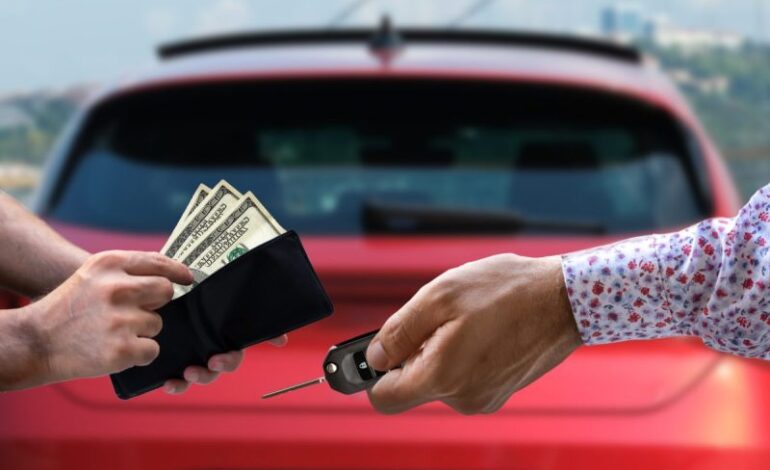Understanding VIN Cloning: Protect Yourself as a Car Buyer

VIN cloning poses a significant threat to car buyers, as it involves copying a legitimate Vehicle Identification Number (VIN) from an existing vehicle and attaching it to a stolen or salvaged car. This fraudulent practice allows criminals to conceal the true history of a vehicle, making it appear legitimate to potential buyers. The consequences for both the buyer and the vehicle’s original owner can be severe, leading to legal complications and financial losses.
What Is VIN Cloning and Its Legal Implications?
VIN cloning is often compared to stealing a car’s “Social Security Number.” By duplicating the 17-digit VIN, criminals can effectively mask the true identity of a vehicle. This manipulation of vehicle records can allow stolen cars to be sold without detection, undermining the integrity of the entire vehicle-tracking system. Under U.S. federal law, including the National Motor Vehicle Title Information System Act, VIN cloning is classified as a felony that can lead to a prison sentence of up to 15 years and hefty fines that can reach $100,000.
The repercussions extend beyond legal issues; cloned vehicles often pose safety risks. A car marked with a cloned VIN may have a hidden history of being salvaged or involved in accidents. Buyers frequently discover the truth only when faced with insurmountable problems, such as denied insurance claims or vehicle seizures by law enforcement.
Detecting VIN Cloning: Essential Steps for Buyers
Inspecting a vehicle thoroughly is crucial before making a purchase. Buyers should start by comparing the VIN displayed on the dashboard with secondary VIN stamps located in various places, such as the driver-side door-jamb or the engine block. Each character must match exactly. Professional inspectors may utilize tools like bore-scopes and paint-thickness gauges to identify signs of tampering, such as swapped rivets or altered VIN plates.
Additionally, obtaining history reports from multiple providers, including Carfax and AutoCheck, is recommended. A report based on NMVTIS data can reveal inconsistencies in title transfers or branding that may indicate cloning. Buyers can also utilize the free NICB VINCheck tool to verify that the vehicle’s specifications align with the information presented.
Documentation is also vital during the purchasing process. Buyers should insist on the original title, which should reflect an unbroken chain of ownership. Any reluctance by the seller to provide comprehensive paperwork can signal potential issues.
The Broader Impact of VIN Cloning on Vehicle Safety and Law Enforcement
VIN cloning complicates the landscape of vehicle recalls and safety campaigns. Recall notices depend on accurate VIN matching, and when a cloned VIN is involved, the legitimate owner may receive duplicate notices while the actual cloned vehicle may miss critical safety recalls. This disconnect jeopardizes not only the safety of the cloned vehicle’s operator but also poses risks to other drivers on the road.
The automotive industry can take proactive measures to combat VIN cloning. Suggestions include enhancing VIN plates with security features, such as holograms and micro-printing, or employing advanced technologies like blockchain to create tamper-proof digital identities.
Consumer Resources and Legal Assistance
Consumers who suspect they own a cloned vehicle should cease driving the car immediately and contact local law enforcement to file a report. It is essential to surrender all purchase documents and notify the Department of Motor Vehicles (DMV) as well as their insurance provider. Documenting every expense related to the purchase may aid in seeking civil recovery from the seller.
For reporting suspected VIN cloning, consumers can reach out to the NICB hotline or file a complaint with the Federal Trade Commission (FTC) and their state attorney general’s office. Various state DMVs have fraud units dedicated to handling such cases, providing additional support to affected consumers.
As the automotive landscape evolves, understanding the implications of VIN cloning and taking steps to protect oneself is more critical than ever. By remaining vigilant and informed, car buyers can safeguard their investments and contribute to a more secure vehicle marketplace.






